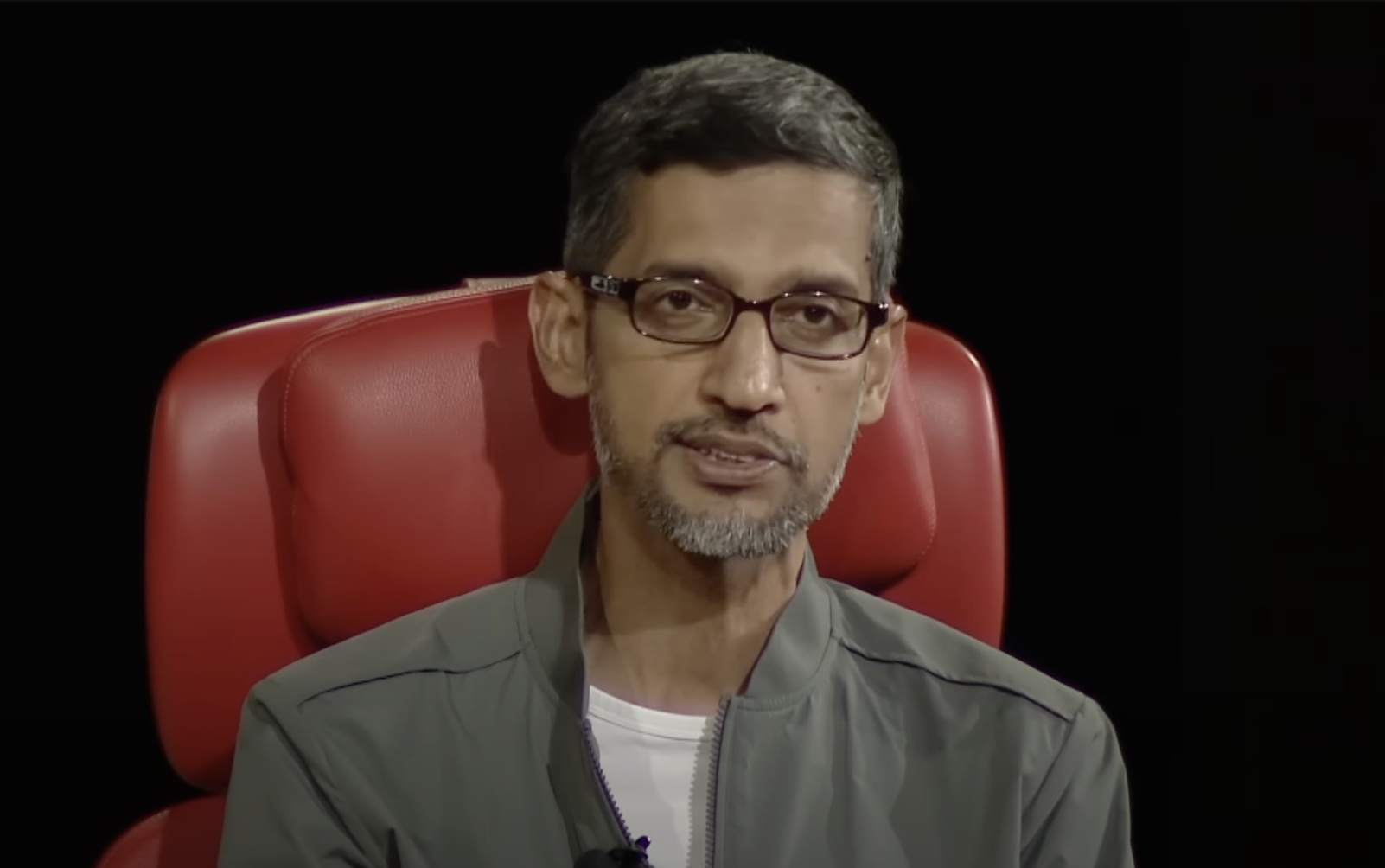In 2022, Sundar Pichai, the CEO of Google and its parent company Alphabet, earned a staggering $226 million, as reported in a recent filing by Alphabet. The primary source of this significant increase in compensation was his stock holdings, which were valued at over $218 million. Pichai also received a $2 million base salary and more than $5 million for private security services.
This marks a significant increase in Pichai's earnings compared to the previous two years, when he earned just over $6 million in 2021 and $7.4 million in 2020. Pichai's stock compensation is granted every three years, with a similar package of $281 million awarded in 2019.
Alphabet's stock value fell by 39% in 2022 due to a widespread tech and market downturn. However, shares have bounced back this year, with a 19.5% increase since January.
Other high-ranking executives at Google and Alphabet also enjoyed substantial earnings in 2022, albeit much lower than Pichai's. Prabhakar Raghavan, senior vice president of knowledge and information at Google, and Philipp Schindler, Google's chief business officer, each made $37 million. Alphabet CFO Ruth Porat and Chief Legal Officer Kent Walker both earned approximately $24.5 million.
In January, Alphabet declared that it would cut 12,000 jobs, which represents a 6% reduction in its total workforce. According to the filing, the median compensation for an Alphabet employee is slightly below $280,000, making Pichai's salary over 800 times larger.
To put this into perspective, an individual earning California's minimum wage of $15.50 would have to work 14.6 million hours or over 7,000 years (assuming 40-hour work weeks and no time off) to match Pichai's 2022 earnings.
The issue of surging CEO compensation has become increasingly controversial in recent years. Since 1978, top executive pay has risen by 1,460%, as found by a study from the Economic Policy Institute. Over 80% of this compensation is typically related to stocks.
Analysts at the institute argue that the surge in CEO and executive compensation has contributed to the widening income gap between the top 1% and 0.1% and the bottom 90%. They assert that the economy would not suffer if CEOs were paid less or taxed more.
Apple CEO Tim Cook voluntarily reduced his 2023 pay by 40% following criticism from shareholders regarding his $100 million earnings in both 2022 and 2021. About 75% of Cook's 2022 compensation was tied to company shares, with half dependent on share price performance.
Apple shareholders voted against Cook's pay package after the company's stock value declined by almost 27% last year. Although the vote is nonbinding, Cook requested the reduction, which was supported by the board's compensation committee.
In a recent proxy statement, Apple explained, "The compensation committee balanced shareholder feedback, Apple's exceptional performance, and a recommendation from Mr. Cook to adjust his compensation in light of the feedback received."









